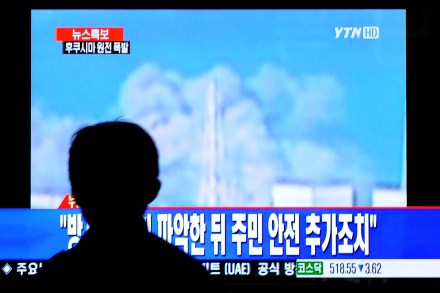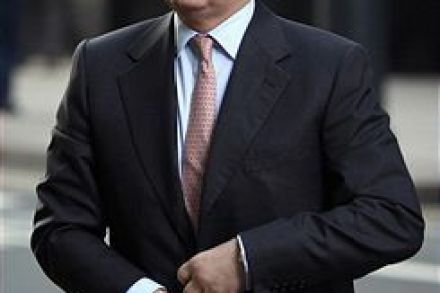Gaddafi’s coming victory is a huge strategic setback for the West
It now seems almost certain that Colonel Gaddafi will now not only survive in Libya but reassert control over the whole country. With the fall of Ajdabiya, there is no break between Gaddafi’s forces and the rebel capital of Benghazi. The window for international action is shutting rapidly, even if it has not yet closed. But, as so often, there seems to be no multilateral desire for action. Gaddafi’s triumph is a disaster for the Libyan people but also one of the biggest strategic set-backs the West has suffered in the post 9/11 world. Every dictator will now know that they can suppress a revolt with violence without fear of














